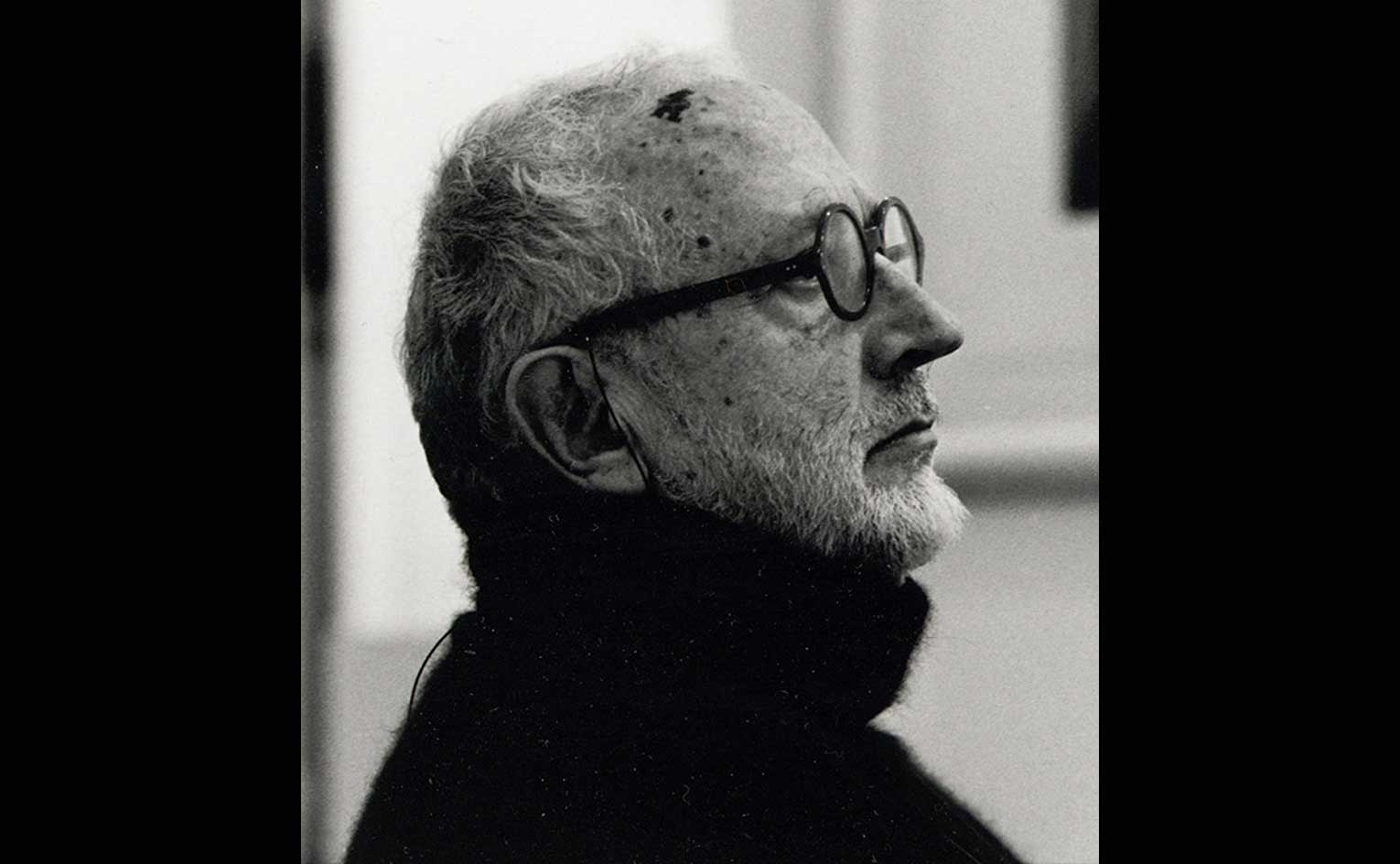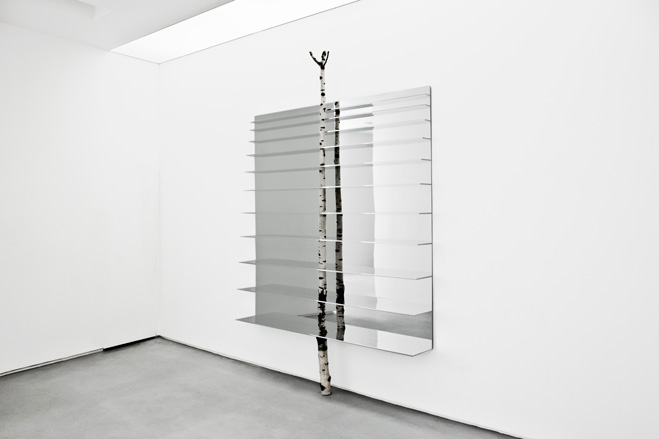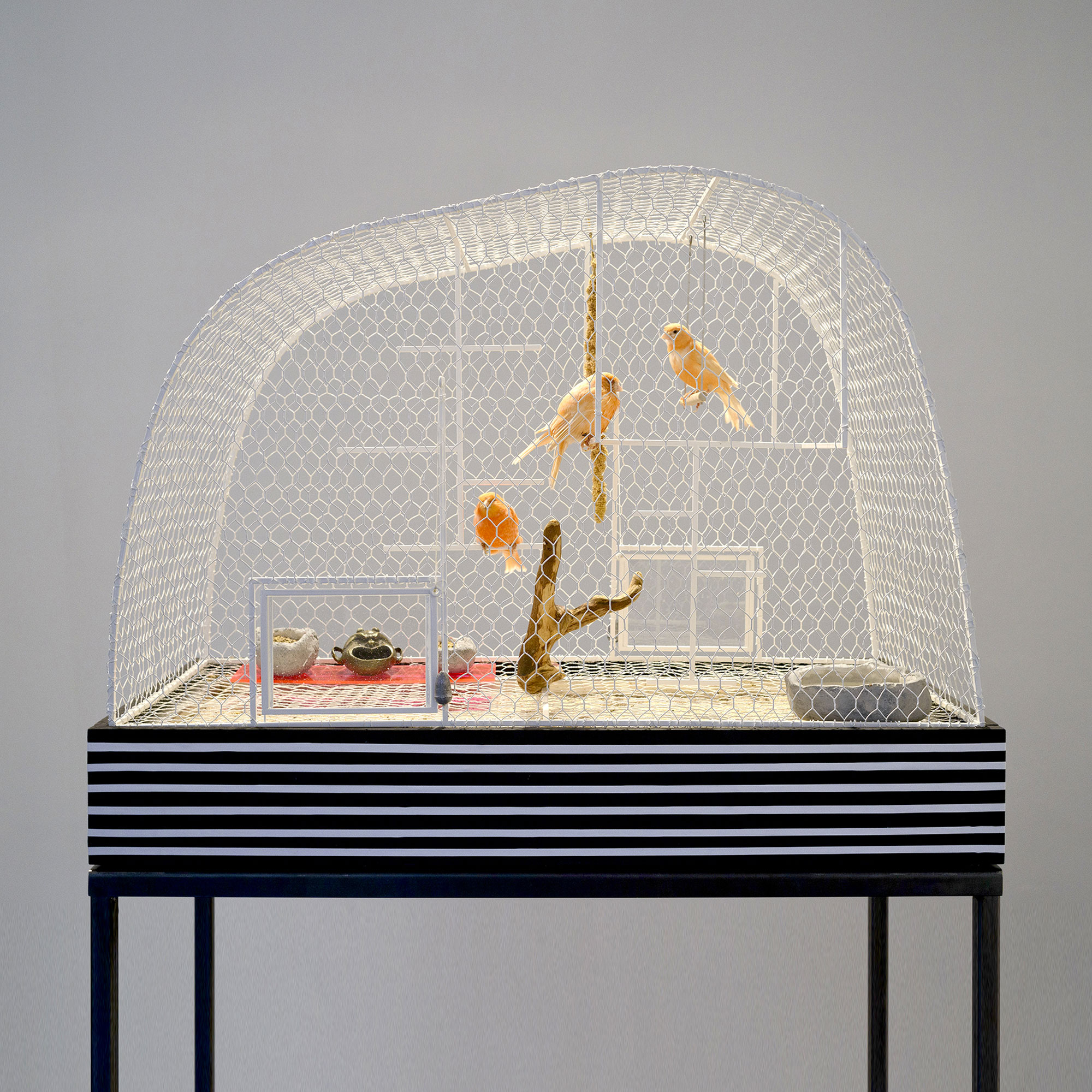In Memoriam: Andrea Branzi (1938 – 2023)
We remember Italian design radical Andrea Branzi, who died on 9 October 2023

Receive our daily digest of inspiration, escapism and design stories from around the world direct to your inbox.
You are now subscribed
Your newsletter sign-up was successful
Want to add more newsletters?

Daily (Mon-Sun)
Daily Digest
Sign up for global news and reviews, a Wallpaper* take on architecture, design, art & culture, fashion & beauty, travel, tech, watches & jewellery and more.

Monthly, coming soon
The Rundown
A design-minded take on the world of style from Wallpaper* fashion features editor Jack Moss, from global runway shows to insider news and emerging trends.

Monthly, coming soon
The Design File
A closer look at the people and places shaping design, from inspiring interiors to exceptional products, in an expert edit by Wallpaper* global design director Hugo Macdonald.
Italian designer Andrea Branzi died on 9 October 2023. Born in Florence in 1938, Branzi was among the founders of legendary design studio Archizoom Associati alongside Gilberto Corretti, Paolo Deganello and Massimo Morozzi. He also co-founded Domus Academy, and was a professor and chairman of the Politecnico di Milano’s School of Interior Design.
Remembering Andrea Branzi
As much as his work, his thinking left a mark on the history of contemporary design. Among Archizoom’s most memorable projects is the iconic Superonda sofa, but also design ideas that represent Branzi’s lifelong thinking about how we approach our objects, and how design and our built environments can help us adapt to an ever-changing world. Case in point was No-Stop City, from 1969, a ground-breaking project that approached the design of the city as an ever-expanding grid, proposed by the group as an instrument of emancipation.

His creative work was in constant development throughout his career, with furniture and objects designed for the likes of Cassina and Alessi. He kept reassessing his design thinking while looking at design with an ever-contemporary lens. In 2016, on the occasion of a collaboration with Stefano Giovannoni’s newly-launched brand Qeeboo, for which he created objects made of plastic, he told us: ‘It’s an adventure the design world probably needs.’ Even though by that point his creations were normally more organic and research-led, he enjoyed the challenge of working on these new plastic pieces. ‘There is a bit of stagnation; design is always very elegant, very functional, a bit cold,’ he added. ‘This project seems to steer clear of these concepts.’

'Tree 5' by Andrea Branzi, 2008 - 2010, from Carpenters Workshop Gallery
He regularly collaborated with galleries on objects that expanded his design research: with Friedman Benda and Carpenters Workshop Gallery, he created furniture objects that merged traditional industrial design codes with tree branches in birch or bamboo, intended to question the duality of the nature-culture relationship. He also worked regularly with Milanese gallerist Luisa Delle Piane, for whom he created drawings as well as objects, furniture and lighting designs that offered a theatrical point of view on design (including ‘Voliere’ from 2016, a series of whimsical birdhouses). He also collaborated with Nero Design Gallery, Arezzo, and Nilufar.

Torre Velasca (2023), a drawing inspired by modern Milanese architecture, on view at Antonia Jannone Gallery
His most recent exhibition opened last week at Antonia Jannone's Milan gallery: ’L'architettura appartiene al teatro’ (meaning ‘architecture belongs to the theatre’), featuring a series of drawings dissecting cultural and architectural archetypes.
In a note announcing his passing, Triennale director and architect Stefano Boeri described him as ‘a giant of radical thought on human spaces, a sophisticated historian of Italian design, a visionary artist capable of ironically inhabiting other universes and parallel worlds.’ In particular, Branzi had collaborated with Triennale on several occasions, in particular curating two exhibitions in the 1990s that set the foundation for what became the institution's Italian Design Museum.

Voliera for Galleria Luisa Delle Piane
Designer Ronan Bouroullec said: ‘He was for me one of the most important designers, I discovered his work when I was twenty: the power of delicacy.’
Receive our daily digest of inspiration, escapism and design stories from around the world direct to your inbox.
‘Andrea Branzi was a big inspiration to me and my work,’ said Bethan Laura Wood. ‘I remember the beautiful pieces he showed with Nilufar first year we worked together, and I fell in love with the compositions he curated.’
Alessi founder Alberto Alessi had a long collaboration with Branzi, also reissuing some of his designs for the company as part of the 100th anniversary of Alessi. ‘I met Andrea at the time of Alchimia, at the end of the 70s. He designed many projects for us, including the legendary ‘Genetic Tales’: a book published in 1998, a catalogue of stylized faces which had the ambition of collecting all the examples of types of men present at the end of the millennium (the many faces were then reproduced on a collection of porcelain cups),’ he recalls. ‘His verve has made him become an indispensable designer for Alessi over the years. He was one of my teachers. Andrea Branzi was a sort of last of the Mohicans. Maybe the last one.’
A post shared by Galleria Luisa Delle Piane (@gallerialuisadellepiane)
A photo posted by on
Rosa Bertoli was born in Udine, Italy, and now lives in London. Since 2014, she has been the Design Editor of Wallpaper*, where she oversees design content for the print and online editions, as well as special editorial projects. Through her role at Wallpaper*, she has written extensively about all areas of design. Rosa has been speaker and moderator for various design talks and conferences including London Craft Week, Maison & Objet, The Italian Cultural Institute (London), Clippings, Zaha Hadid Design, Kartell and Frieze Art Fair. Rosa has been on judging panels for the Chart Architecture Award, the Dutch Design Awards and the DesignGuild Marks. She has written for numerous English and Italian language publications, and worked as a content and communication consultant for fashion and design brands.